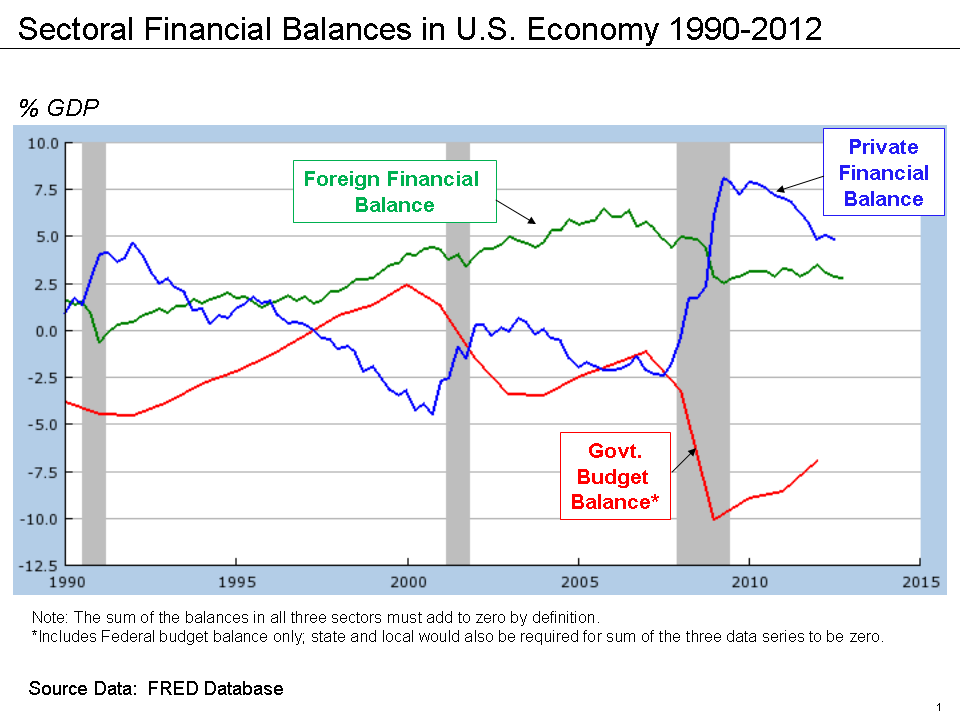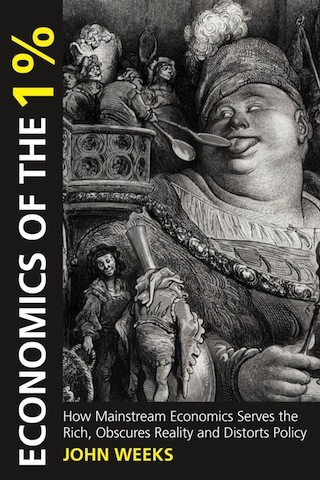Five years on The European economic crisis leaves a legacy of poverty
Post on: 16 Март, 2015 No Comment

Azra never imagined that she would have to spend the nights of her later years sleeping in a bus station. She worked as a teacher for 30 years in Podgorica, the capital of Montenegro. Some years ago, her husband, a well-known and respected medical doctor, passed away. Now, well into her seventies, she lives on a pension of 160 euros a month, not enough to rent somewhere to live.
“I had a lovely husband and a job I loved. Now, when I am supposed to enjoy the fruits of my work, I find myself living on the streets.”
Azra is not alone. A new report by the International Federation of Red Cross and Red Crescent Societies (IFRC), entitled Think differently. highlights that even five years on from the start of the economic crisis, millions of people continue to fall into poverty.
“Europe is facing its worst humanitarian crisis in six decades,” says IFRC Secretary General Bekele Geleta. “People’s lives have been thrown into turmoil and there seems to be a gradual degradation, with millions existing on a day-to-day basis, with no savings and no buffer to withstand any unforeseen expenses.”
This gradual economic degradation has been noted by many National Red Cross and Red Crescent Societies in Europe, who carried out a mapping exercise in early 2013 to evaluate National Societies’ responses to the crisis. They report an increasing number of ‘working poor’ – people who have some income, but struggle to make ends meet. People who are left with no choice but to ask for support to pay their bills, to avoid having their utilities cut off, or worse, to avoid being evicted because they cannot pay their rent or mortgage. At the same time, those who were already poor have found that with increasing poverty, the way back into mainstream society has become more difficult.
The new report documents that this is not only happening in the countries typically associated with the crisis, but in many others too. In France, for example, an additional 350,000 people have fallen below the poverty line since 2009, a trend mirrored in many other countries.
National Red Cross and Red Crescent Societies in Europe have responded by increasing their domestic relief assistance and social programmes. During 2012, food aid was distributed to approximately 3.5 million Europeans by 22 National Societies – an increase of 75 per cent compared to 2009. Hundreds of thousands more are being assisted with advice, financial or material help, or psychosocial support.
The effects of the crisis will be felt for decades, even if there is an economic upturn. In Latvia, the Red Cross is now distributing food to more than 140,000 people, many years after the country officially came out of the crisis. Furthermore, indiscriminate cuts in healthcare budgets can lead to weakened health systems, reduced investment in prevention measures and less confidence in the system. This is a story that is played out across many European countries.
“Whereas we fully understand that governments need to save money, we strongly advise against indiscriminate cuts in public health and social welfare as it may cost more in the long run,” says Geleta.

National Societies have taken a variety of approaches to respond to the challenges caused by the crisis; the Icelandic Red Cross decided to deal with the crisis in ‘disaster mode’, whereas the Spanish Red Cross, which is now assisting more than 2.4 million people, tries to apply a holistic approach and early intervention.
Think differently calls on each of us to question if we fully understand what has happened in Europe and to discuss whether present day systems are adapted to the reality we face.
“We do not have all the answers, but we encourage all stakeholders – including ourselves – to think in new, different and creative ways to deal with the crisis. Whereas we all hope this will end soon, we need to face reality and take action, so that this humanitarian crisis does not turn into a social and moral crisis for Europe,” says Anitta Underlin, the IFRC’s Director for Europe.
Hidden behind the figures is a looming humanitarian crisis, already faced by people like Azra, and others like 30-year-old Sigrid from Charleroi in Belgium. Life was good for her family in their new house, until she and her husband both lost their jobs and had to sell up. They now live in social housing with their two small children.
Sigrid’s family has been referred to one of the social grocery stores run by the Belgian Red Cross, where they can buy food and other commodities at heavily reduced prices. “It helps a lot but we count every euro,” she says, as do millions of other Europeans who never imagined this situation, five years on.














